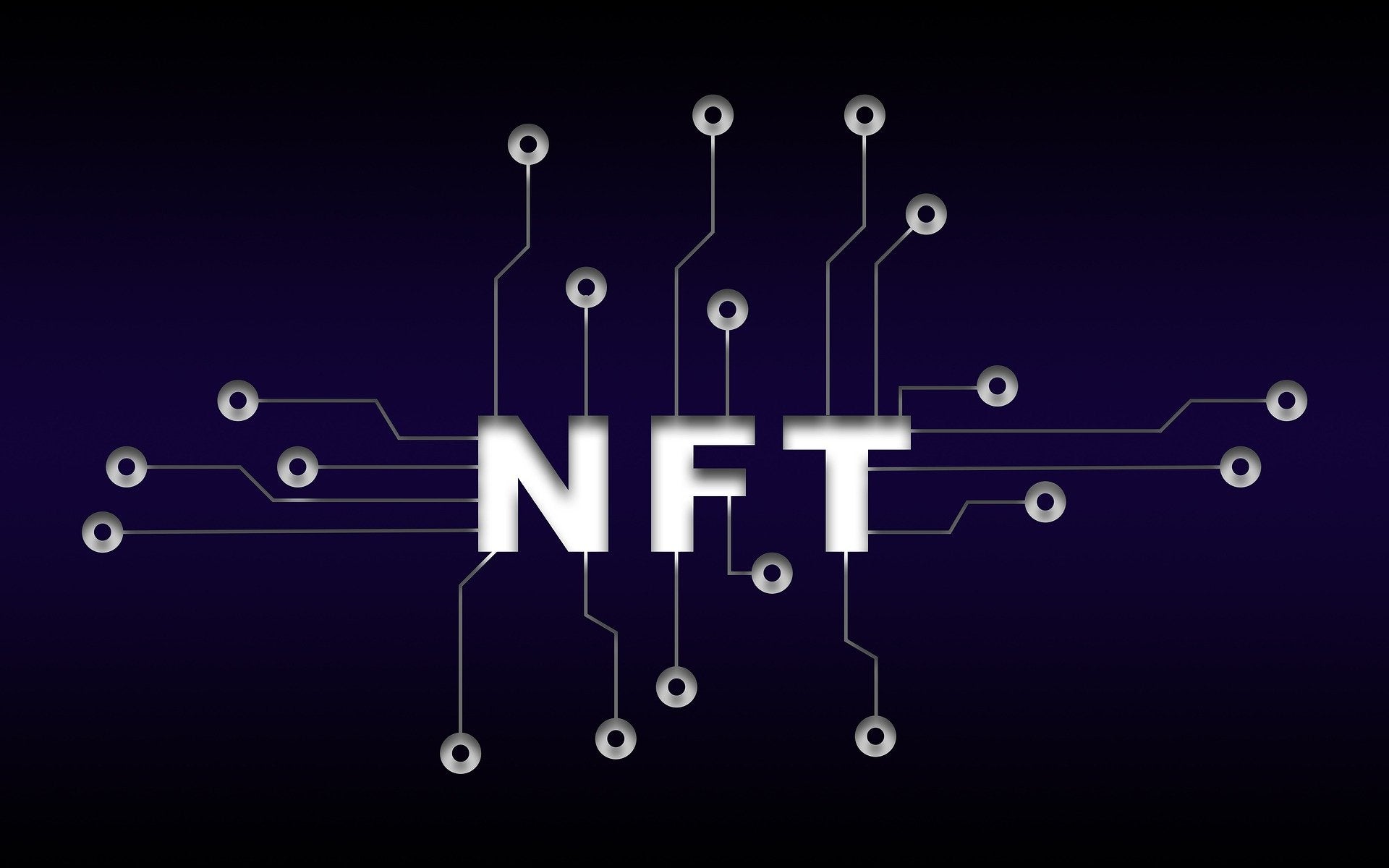You’ve probably been hearing all about NFTs lately. From social media to networking events with friends and family, they’re the talk of the town. And now, NFT in eCommerce is also a thing!
In this blog, we’re going to talk about everything we know about NFT in eCommerce and how to sell NFTs on Shopify.
What are NFTs?
NFTs - non-fungible tokens are basically digital tokens that reflect the ownership of anything that is unique and limited. Now this could be a piece of artwork, a collectible, a soundtrack, real estate or for that matter an in-game object. NFTs can be both tangible or digital.
To learn more about NFTs:
- Ethereum: Non-fungible tokens (NFT)
- Linda xie: A beginner’s guide to NFTs
- OpenSea: Everything you need to know about NFTs
Are NFTs legit?
We have been reading about NFTs getting sold for millions of dollars. One of them being about a digital artist called Beeple who sold a Non-Fungible Token (BFT) of his work for $69 million at Christies. His work, Everydays: The First 5,000 Days was the first virtual NFT artwork to get sold at a major auction house.
Here’s what Shopify has found so far about the thriving NFT market:
What is NFT in eCommerce?
Typically, NFTs are sold in marketplaces. But in NFT in eCommerce, artists set up a digital storefront where they can sell their art.
We’ll give you an example.
Luxury brand, Gucci, recently released a set of digital-only sneakers. The brand is now working with trading platforms to enable their customers to buy/ sell these sneakers and build their collections. They also recently released a statement saying that as their consumers move towards the NFTs, they will be exploring the landscape as well, taking into account the future of eCommerce.

They aren’t the only ones. In fact, footwear and sports brand, Nike is also tapping into NFTs, launching exclusive collections in collaboration with designers and blockchain experts. The goal is to reach out to their target audience and get them hooked to their collection, even in the metaverse!

Another example that has us all interested in NFTs is the Robert Mondavi NFT - a digital asset launched by a vineyard to promote their authentic collection of wines.

With brands like Gucci, Nike and many others entering the NFTs landscape, it’s clear that NFTs aren’t only for artists and art collectors. We’re noticing that these digital assets can be a powerful tool for eCommerce businesses too.
With eCommerce platforms like Shopify, getting onboard with NFTs in eCommerce is becoming simpler too, and we’re all about it!
How to sell NFTs on Shopify
Selling NFTs on marketplaces is as simple as signing up for an account, listing your digital art, getting a buyer to make the purchase and getting paid for it.
But selling NFTs through a custom branded website in a typical eCommerce model with a checkout comes with some complexities and regulations. Although, it does give you more control over your brand, checkout experience, and data and analytics.
To sell NFTs on Shopify, you need to be a store in the United States and on the Shopify Plus plan. Only then you will be able to apply for Shopify’s NFT beta program.
If your application gets approved, customers will be able to purchase NFTs from your Shopify store using credit cards and cryptocurrency. You will also be able to accept credit card payments through Shopify Payments and connect with a cryptocurrency payment processor to accept cryptocurrencies on orders.
In case your Shopify store is in another country, you can still apply for the NFT program. But you will need to connect your own payment provider to get paid for the orders being placed in your store.
You can also follow the Shopify Community thread to keep track of conversations around NFT eCommerce and how you can get started. Follow the thread here.
What can you sell as NFTs in eCommerce?
Any form of digital art - tangible or digital, can be sold as NFT in eCommerce. But here are some of the popular ones:
- Photography - If you’re a photographer or like taking pictures of people, landscapes or objects, you can turn them into NFTs and sell them online. Similar to how photographers have been selling their work digitally.
- Art - Similar to digital prints of art that get sold on online stores, you can turn your art into a unique NFT to sell on Shopify. Just make sure you have the ownership rights of the artwork you plan on selling.
- Music - If you’ve created a unique soundtrack, you can convert the audio file into an NFT and sell it online, or via a marketplace. But you need to make sure that you own the rights to the soundtrack.
- Videos - Similar to photographs, art and music, videos too can be sold as NFTs. But if you’re making use of a visual clip, you need to own complete rights to it.
- Physical variants of products - If you have a consumer following like that of Gucci, you can create digital variants of your products, and sell them as NFTs. From fashion and apparel products, footwear, accessories and more, anything can be sold as an NFT. But you need to make sure the consumers you’re targeting want to build digital collections from your brand.
- Tweets - If you’re someone who has been active on Twitter and is known to open viral threads of communication, turn it into an NFT. Take Elon Musk’s tweets for instance and imagine how much they’d get sold for!
- Memes – Memes have a soft spot in everyone’s heart. Even when cryptocurrency got introduced, Doge picked up instantly because people loved the meme in general as well. The same holds true when it comes to NFTs! But you need to have a knack for spotting and even creating unique memes.
Future of eCommerce and NFTs
NFTs hold a significant potential in the future of eCommerce. But the only way to win is to find creative ways to leverage NFTs and deliver a great customer experience to buyers.
While we’re learning more about NFTs in eCommerce and the Shopify ecosystem, we’re sure the future is exciting!
Because here’s what the total NFT sales look like as of now:

Want to explore selling NFTs on Shopify?
Reach out to us and let’s turn your NFT idea into an eCommerce business!




